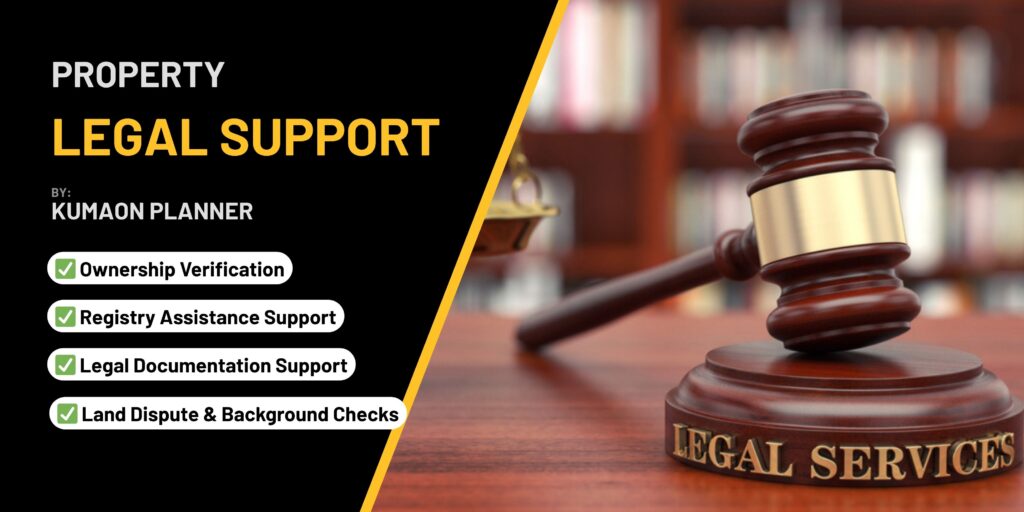Many people dream of being a real estate agent: you make your own hours, you choose your clients, and you can earn big money. But let’s be honest: most new agents quit quickly—some say 80% fail within the first two years.
Why the high failure rate? Because they don’t take it seriously. They treat it like a simple job.
1. The Starting Line: Getting Your Business Foundation Right
Before you sell a single house, you need to set up your business correctly. Real estate is a marathon, not a sprint.
Get Licensed and Find a Good Boss (Brokerage)
- Get Licensed: This is the non-negotiable step. Finish your classes, pass your state exam, and get your license. View this as just the entry ticket, not the end goal.
- Find a Great Brokerage: Don’t just pick the one with the lowest fees. Pick the one that offers the best training and mentorship. Ask detailed questions:
- “Will a seasoned agent mentor me through my first three transactions?”
- “Do you have weekly contract review sessions?”
- “What technology (CRM, Website) do you provide to new agents?”
Practical Tip: Look for a brokerage with a strong “shadowing program.” Ask if you can spend a week just following a top senior agent to see their daily life, meetings, and listing presentations. This hands-on experience is priceless.
Deep Dive: Financial Reality Check and Your Runway
Real estate sales take time. The period between finding a client and getting your commission check can easily be four to six months. This is where most agents fail due to cash flow problems.
- Your Runway: This is the most critical advice. You must save at least 6 to 12 months of living expenses before you quit your full-time job. This financial buffer is your “runway” to launch your business without panic.
- Startup Costs Breakdown: Budget realistically for non-negotiable initial costs:
- Licensing/Exam Fees: $500 – $1,000
- MLS Access (Monthly/Annual): $100 – $300/month
- E&O (Errors & Omissions) Insurance: $50 – $100/month
- Marketing/Technology (CRM, Website): $150 – $300/month
- Total Initial Budget: Plan for an overall investment of $5,000 to $8,000 in your first year.
2. Know Your Turf: Become the Hyper-Local Expert
You can’t sell homes everywhere. You need to become the undisputed expert in one small area, known as your Farm Area.
Practical Input: Be the Neighborhood Mayor
- Choose Your Area: Pick one or two neighborhoods that you can drive through in 30 minutes. Focus all your energy here.
- Drive Around Weekly: Don’t just rely on online listing data. Once a week, drive every street. Notice which houses have new roofs, which are neglected, and where new shops or cafes are opening. You must have real-time knowledge.
- Know the Zoning: Understand local zoning laws (R1, Commercial, etc.) and future infrastructure plans (a new highway, a new school). Clients hire you for this specialized foresight.
- Create Your Data Sheet: Be ready to instantly share data on:
- Average Price per Square Foot in that specific ZIP code.
- The percentage of homes sold above the asking price.
- The quality of local schools and parks.
Simple Tip: When someone asks about your area, you should sound like the person who invented that neighborhood. Your expertise must be visible.
3. The Engine: Finding and Following Up with Clients (Leads)
Finding people who want to buy or sell is the hardest part. Lead generation must be your daily, non-negotiable job.
Power Hour: Maximize Your Sphere of Influence (SOI)
The cheapest and easiest business comes from friends, family, and past colleagues (your SOI).
- The 8×8 Rule: Make contact with everyone in your SOI at least eight times in the first eight weeks of your career. This can be a text, email, or a quick personal call. The goal is to simply inform them, “I’m a licensed agent now and ready to help!”
- The Birthday Call: Use your CRM to set alerts for birthdays. A simple, personal phone call shows you care.
Master the Open House
Open houses are not just for showing property; they are your lead-capture factory.
- Host for Others: If you don’t have a listing, ask a successful agent if you can host their listing. This instantly puts you in front of qualified buyers and sellers.
- Digital Capture: Use a simple digital sign-in system (iPad app) to capture every visitor’s contact information.
- The Follow-Up: This is crucial. Call or send a personalized email the very next morning. Say: “Thank you for stopping by 123 Main Street. Based on what you said, I found two other homes that might be a better fit…”
Use Social Media Smartly (Go Hyper-Local)
Don’t just post pictures of houses; post helpful local content that establishes you as the expert.
- Neighborhood Spotlight Videos: Make a 60-second vertical video (for Instagram Reels or TikTok) reviewing the best new bakery or the quietest park in your farm area. People watch local videos!
- Offer Free Guides: Run a small paid ad on social media offering a free PDF guide (like “The Ultimate Home Seller’s Checklist for [Your City]”). This is how you generate high-quality leads that you can follow up with later.
4. Skill Mastery: Communication, Negotiation, and Closing
Success isn’t about luck; it’s about being prepared and being a professional problem-solver.
The Psychology of Negotiation
Your job is to get your client the best deal, which means handling conflict calmly and strategically.
- Role-Play Scenarios: Practice makes you confident. Ask your mentor to role-play tough situations with you: dealing with lowball offers, handling multiple buyers, or negotiating repairs after a bad home inspection.
- Over-Communicate: Never let your client be surprised. If you think the closing might be delayed, communicate the potential delay early, along with your planned solution. No surprises is the key to client trust.
Manage Emotions (Yours and Theirs)
Buying and selling homes is arguably the most stressful thing a client does.
- Be the Calm Center: Learn to listen more than you speak. Clients often need to vent frustration or anxiety. Your job is to be the calm, rational center, gently guiding them back to the facts and the solution.
- Set Clear Boundaries: Since you work 24/7, make sure you set expectations. Tell clients you respond to texts immediately but might not answer calls after 8 PM unless it’s an emergency. This protects your mental health.
5. Work Smarter: Leveraging Technology and Systems
You cannot grow your business simply by working more hours; you must use systems to automate repetitive tasks and stay organized.
- The CRM System: This is the most crucial tool. It tracks every lead, conversation history, and follow-up date. Set an alert to contact every past client at least four times a year. Consistency is impossible without a good CRM.
- Professional Photography is Mandatory: Never use your phone camera for listing photos. Always hire a professional photographer. High-quality photos attract high-quality buyers and show sellers you take your job seriously.
- Automate Marketing: Use your CRM to automatically send monthly market reports to your past clients and leads. This keeps you visible without requiring constant effort.
Final Takeaway: Grit, Consistency, and the Long Game
The difference between successful and unsuccessful agents often comes down to mental fortitude.
- Embrace the “No”: For every deal you close, you will face dozens of rejections and ignored calls. View every “No” as just getting one step closer to the next “Yes.” Do not take rejection personally.
- Consistency is Your Superpower: Real estate is not a passive job; it’s a seven-day-a-week commitment to discipline. Block out specific time every day for Lead Generation (Your “Power Hour”) and Skill Development (Learning New Contracts), and stick to it, even when you feel busy.
Commit to treating your career as a serious business venture, use the financial runway wisely, and maintain consistency. Do this, and you will not only survive the initial struggle but build a rewarding and financially independent career for decades to come.
See Also:
- Real Estate Agents in Nainital
- Haldwani Property Dealers
- Real Estate Agents in Kashipur
- Best Property Dealers in Khatima
- Property Dealers in Rudrapur
- Property Dealer in Ranikhet
- Real Estate Agents in Rishikesh
- Best Property Dealers in Dehradun
- REAL ESTATE AGENT in Mukteshwar
- Real Estate AGENTS Near Jim Corbett
- Top Real Estate Consultants in Bhimtal







